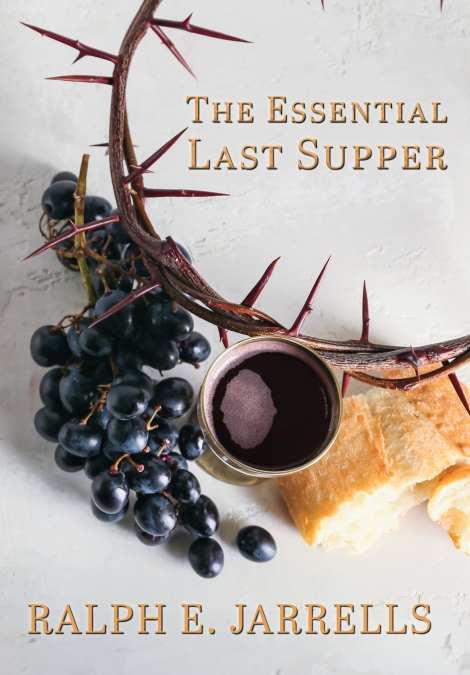
 Librería Perelló (Valencia)
Librería Perelló (Valencia)
 Librería Aciertas (Toledo)
Librería Aciertas (Toledo)
 El AlmaZen del Alquimista (Sevilla)
El AlmaZen del Alquimista (Sevilla)
 Librería Elías (Asturias)
Librería Elías (Asturias)
 Librería Kolima (Madrid)
Librería Kolima (Madrid)
 Donde los libros
Donde los libros
 Librería Proteo (Málaga)
Librería Proteo (Málaga)
The Last Supper-oft referred to as The Lord’s Supper, Communion, or the Eucharist-is one of the sacraments celebrated in Christian churches as a means of communing with Jesus and as a commemoration of His death. But whether or not one is a Christian, when The Last Supper is mentioned, inevitably the iconic painting by Leonardo da Vinci springs to mind. It has become a part of our collective consciousness.Created toward the end of the 15th century, da Vince painted in the mode of the day, so while the beloved masterpiece is most certainly great art, it is not particularly good history. In fact, Leonardo got it all wrong. The question must be asked, was it intentional or did he have an ulterior motive?Conspiracy theorists point to esoteric connections hidden in the picture. Magdalene cults found Mary as one of the desciples. Musical scholars found examples of Pythagorean musical ratios. Numerologists find the painting to be a playground of numerical references. There have been reported connections between da Vinci and secret cults. And of course there is Dan Brown’s wildly popular international bestselling novel, The DaVinci Code. Literally thousands of theologians have attempted to explain the Christian symbolism and truth in the picture and to name the disciples as they sit in the picture.Regardless of how beloved or revered the painting was and is, apart from its symbolic representation, it was not a true representation of the real Last Supper.